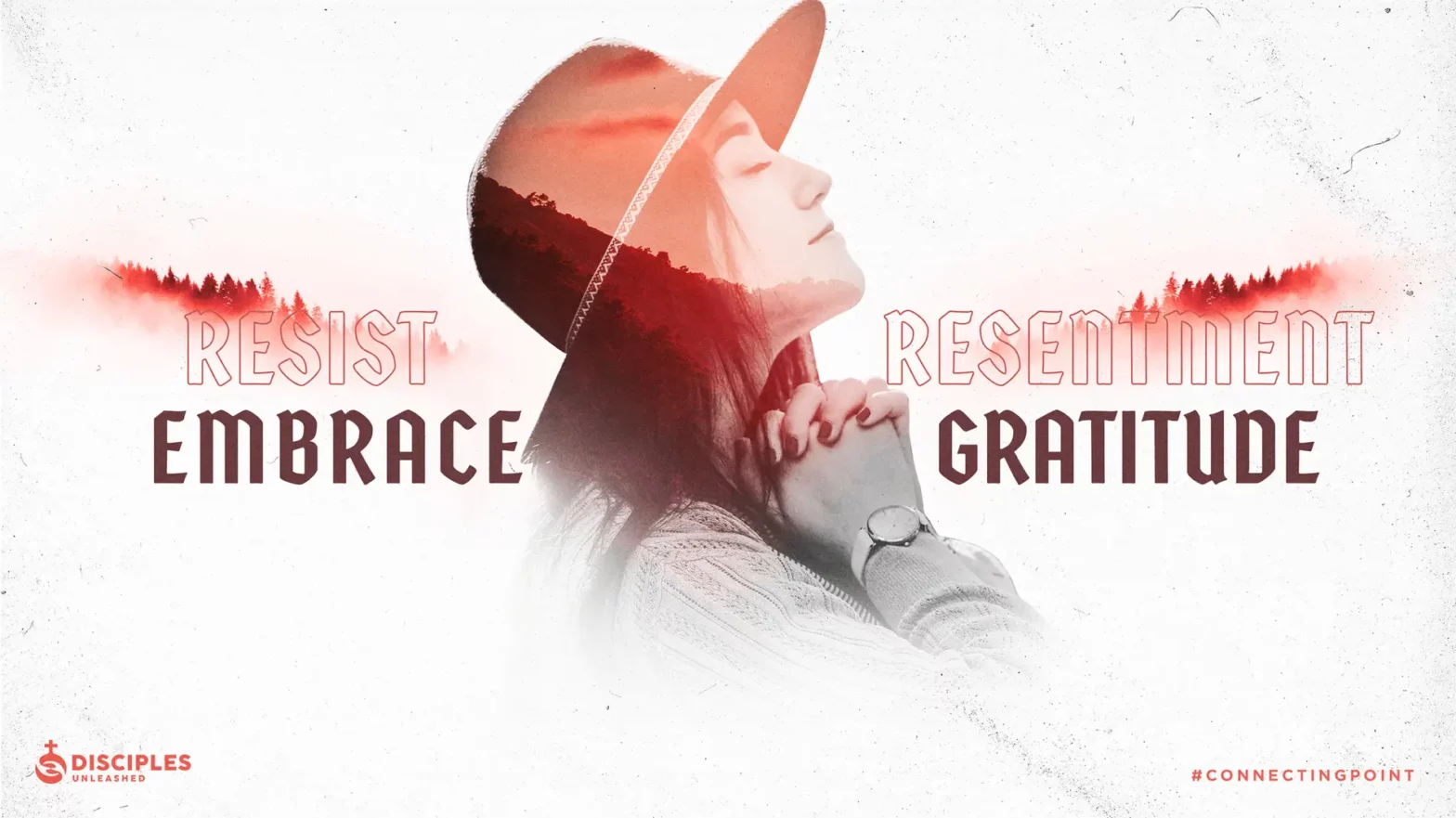How often do you feel resentful that someone got something you thought you deserved more? Perhaps it was a job promotion. Maybe it was a part in the school play. It could even have been that your sibling got a bigger slice of pie for dessert than you did. Sometimes, the resentment is justified: you were the better candidate; you worked harder; your parents played favorites when you were growing up. But, if you wallow in the resentment, you will never be free.
I know many people who can’t get over some slight that happened 40 years ago. And it has held them back from enjoying life. There is the perennial question: why do bad things happen to good people? It was posed in story form in the Book of Job and has been written about ever since. Harold Kushner wrote a book, When Bad Things Happen to Good People, which has become a classic in the genre. The issue becomes the need to move beyond the hurt, the resentment, and the pain and learn from the experience in order to embrace gratitude.
But, how does one do this? First, it’s not easy. You need to be deliberate in making a change. You choose to remain hurt, angry, or resentful. Someone else can say or do something that affects you, but, ultimately, you are responsible for your feelings. Second, acknowledge the resentment. Talk it out. Take it out on the golf course or in the batting cage. But then, let it go. Listen to the song “Let It Go” from Frozen. I’m sure the first workers were angry because they got the same wage for working 8 hours as did the landowner, who only put in an hour’s toil. But, if they remain stuck in their anger, they will never be productive workers. They need to learn to move on. Third, once you’ve moved on, do not bring up the past. The past is in the past. You cannot change it. No amount of rumination or conversation will change the outcome. Eventually, people get tired of hearing your story of how you were hurt. They don’t care. They don’t care.
I learned a phrase a long time ago: “This is it, nobody’s coming, nobody cares.” When you are hurt, you hurt alone. People will sympathize, and even empathize, but you have to deal with your own pain and learn to heal yourself. You have to take a positive attitude and say, “With God’s help, I can be free from this resentment.” Start by finding the good or the positive in every person and every situation. Sometimes it’s not easy, but look for it. Ask God to help you find it if you’re having trouble. Keep on reinforcing yourself with positive energy. Surround yourself with people who make you laugh. Do things that give you energy and excitement. Remove people from your life who don’t build you up or challenge you to do better. Above all, PRAY: Positive thoughts and people; Remove negative people and energy; Always put God first; You are the only one who can take steps toward healing.
In every situation, resist the temptation to wallow in self-pity and resentment. Rather, embrace gratitude in your life. Be grateful for those people, situations, experiences, and things that help you to grow, be positive, and get closer to God.
Msgr. John Kasza


